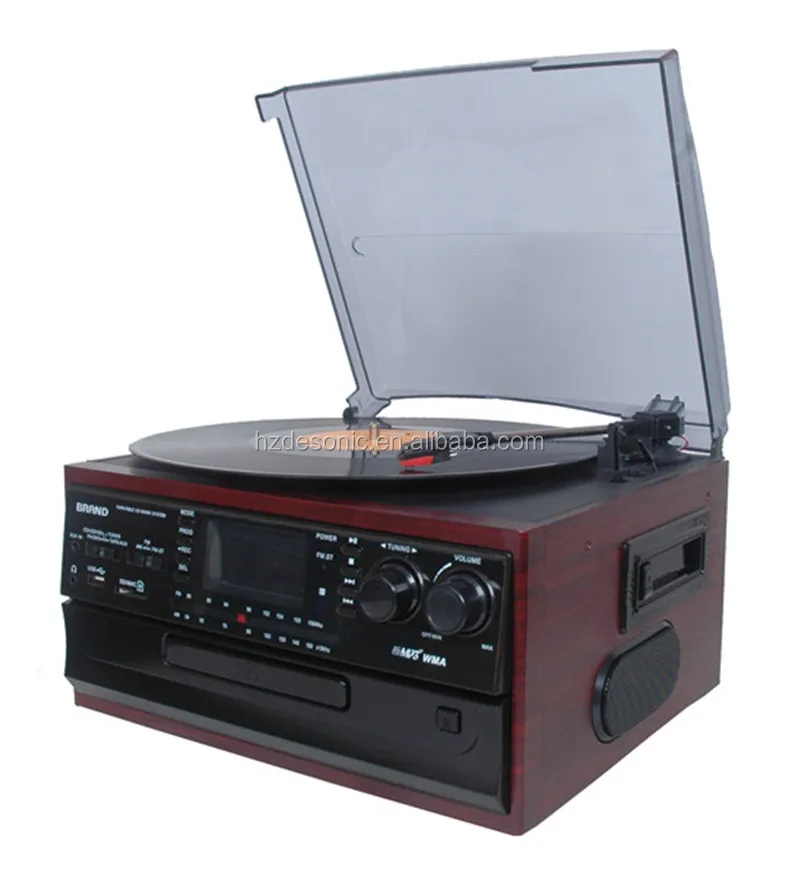
“I wouldn’t say anything related to vinyl manufacturing is easy,” Seavers says. Executives also stressed that they want to create an environment that is more lucrative than similar positions at other manufacturing or packaging companies, and Copycats, Vinyl Me, Please, and Memphis all said that they’ve raised wages in response to inflation and the current labor market.


This longer training period makes onboarding new staff a longer process than in many other manufacturing industries. And global oil and petrochemical prices are driving up the cost of PVC pellets that are melted and pressed into the vinyl discs. Nickel shortages due to the war in Ukraine - which has knocked Russia, one of the top high-grade nickel suppliers, out of the market - are affecting record stamper electroplating. Paper shortages reportedly caused by paper plants switching to cardboard during the pandemic, according to Seavers at Memphis, are affecting center labels, sleeves, jackets and other packaging. These supply issues promise to continue to plague plants long after launch. Press manufacturers are meanwhile waiting for things like $12 switches to finish 99% complete machines, says Chappell, and are scrambling to find alternate suppliers for standard parts. For both Copycats and Vinyl Me, Please, unloading delays at port and supply chain disruptions have delayed both companies’ presses - despite ordering them almost a year ahead of time. Global supply chain issues are only compounding the matter. Memphis Record Pressing Courtesy Memphis Record Pressing And in Nashville, Nashville Record Pressing recently opened with a $13.3 million investment from parent company Czech Republic-based GZ Media, Europe’s largest vinyl record manufacturer while United Record Pressing is currently expanding with an additional 48 presses that will bring the manufacturer’s count to just under 100. Memphis Record Pressing, where CEO Brandon Seavers says they’ve “quite literally been out of space for about four years,” is investing $28.8 million to expand its output to 125,000 records a day. Subscription club Vinyl Me, Please is opening its own 14,000-square-foot plant in Denver, where an environmentally-friendly plant called The House Plant is currently underway as well. Among them, in Minnesota, the ADS Group-owned Copycats Media is opening one of two new plants in Minneapolis with five record presses in a 65,000-square-foot building, along with the smaller, indie-focused Outta Wax plant nearby.


The scarcity is creating business opportunities, and nearly a dozen new and expanded pressing plants are coming to the rescue for labels like Brassland. Vinyl Prices Might Seem High Today, But They Were Worse in 1978 Switching from the label’s normal pressing partners to other pressing plants could speed up the timetable to between four and six months, but at twice the cost and more logistical hassle. And as appetite for vinyl far outstrips the infrastructure’s capacity to supply, that lack of investment is now coming back to bite the industry.Īlec Hanley Bemis, managing partner at the Brassland record label, the indie label he co-founded with The National’s Dessner brothers, says that plants are so busy that they have quoted him lead times of nine to 18 months to press a record.
#Vinyl record pressing full
Now that modest growth has turned into a boom, with sales up over 60% between 20 and up another 22% at the 2022 midyear raking in $570 million, according to the RIAA, and vinyl plants are running at full capacity across the country. As vinyl sales started turning around in the past decade, Doug Chappell, vp of sales & technical service at press manufacturer Viryl Technologies, says everybody was “worried that the house of cards going to implode on itself at some point.” As such, no one wanted to invest in new equipment.


 0 kommentar(er)
0 kommentar(er)
